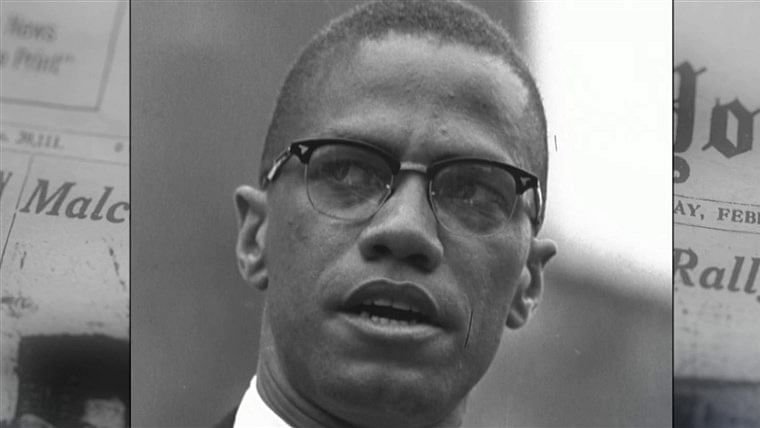Who Killed Malcolm X? (Netflix)
Directed by: Rachel Dretzin, Phil Bertelsen
Starring: Abdur-Rahman Muhammad
Rating: 3.5/5
‘Who Killed Malcolm X?’, which came out on Netflix during the pandemic and has now been nominated for an Emmy, is an attempt at setting history straight.
Malcolm X was a Muslim minister and firebrand who, although a part of the Civil Rights Movement, did not think much of Martin Luther King Jr’s attempt at the reconciliation between the two races, and believed that although a revolution is necessary, it need not necessarily be a peaceful one.
Things went south for Malcolm when he called out the supreme commander of ‘Nation of Islam’, the Muslim sect that he was part of. Members of the sect did not look kindly upon this, and the 39-year-old Malcolm was subsequently killed in 1965. The six-part documentary series seeks to exonerate two men who were allegedly false convicted, name the real killers and detail the FBI’s involvement in the assassination.
‘Who Killed Malcolm X?’ is a work of journalism that has probably gone further than any other in solving an enduring mystery of the Civil Rights Movement.
The show is centred on a man named Abdur-Rahman Muhammad, who has devoted thirty years of his life to cracking the murder of Malcolm X. The show is essentially a whodunnit, but surprisingly, there turns out to be a lot of people who knew who the real murderers were all along.
Abdur-Rahman is constantly told by people he meets to let things be, and we realise a whole community either had the foreknowledge of the murder or thought it was okay to let the murderers hide in plain sight. We may be reminded of Agatha Christie’s ‘The Murder on the Orient Express’, where Hercule Poirot cannot bring the murders before the law because everyone on the train is linked to the murder, and each one has an alibi for another.
The show is prescient also for how the state gets involved in the lives of its citizens, and how the knowledge of the involvement may become apparent only decades later. It forces us to wonder our own state’s involvement in our lives, and whether they too decide who must die and who must be framed for it.
